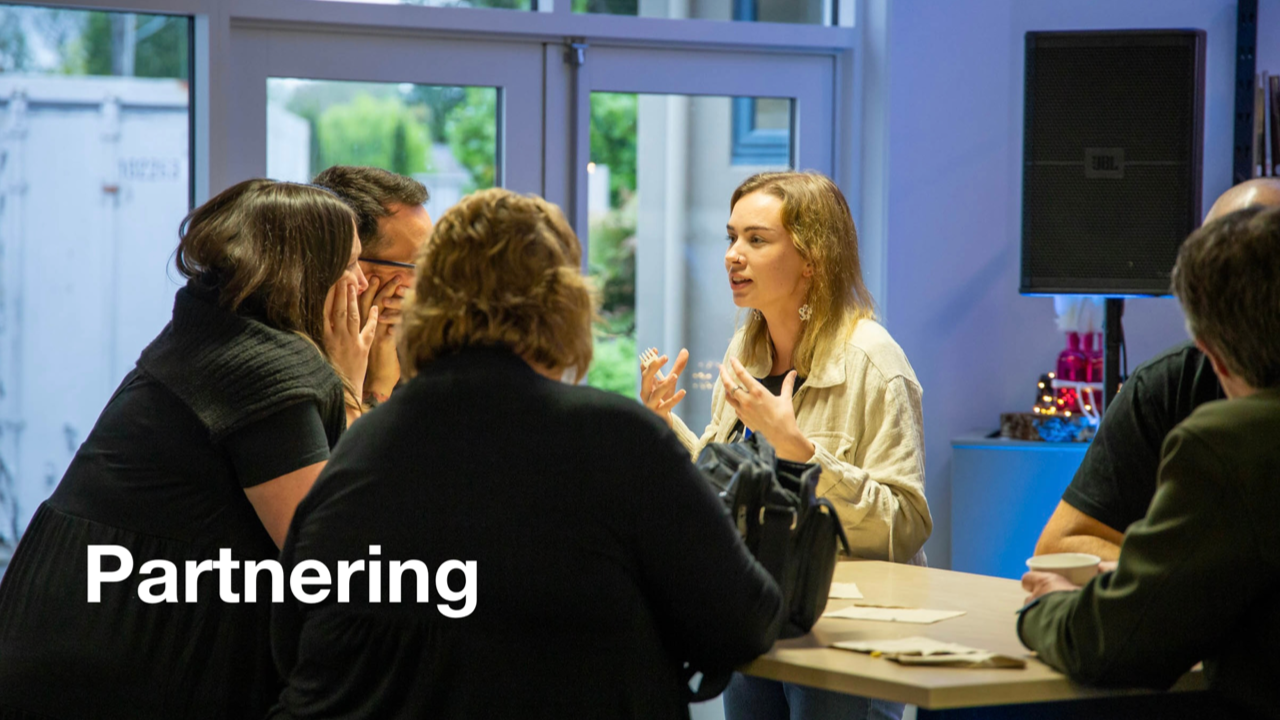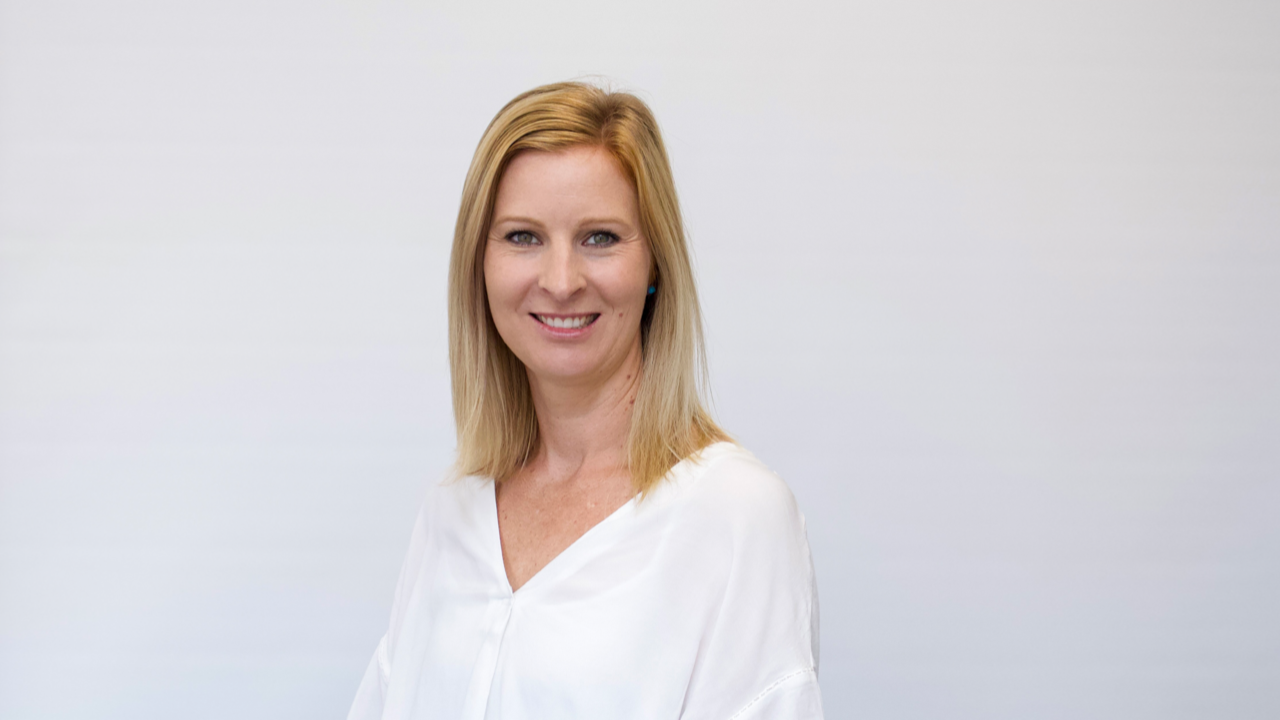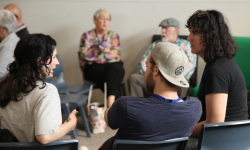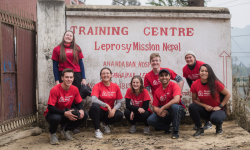
Welcome to ‘People centred leadership: A different perspective’. In this series of articles, Kathryn Heslop reflects on the topic of leadership, drawing on her background in social work and counselling and her role as Executive Assistant to the National Leader of the Baptist Churches of New Zealand, where she is surrounded by incredible leaders every day.
Leaders today, if you need to grasp one thing, it is this: our greatest strength does not come from the individual, but from the collective.
I love the way the bible encourages us toward partnership. Two people are better off than one, for they can help each other succeed. If one person falls, the other can reach out and help. But someone who falls alone is in real trouble…A person standing alone can be attacked and defeated, but two can stand back-to-back and conquer. Three are even better, for a triple-braided cord is not easily broken (Ecclesiastes 4:9-12).
Often in a New Zealand context, we lean toward individualism, where we elevate our own strength, self-reliance, and independence. To work in partnership with others can feel counter-cultural and does not come naturally for many of us.
But partnership is so crucial in our context! Our founding document, Te Tiriti o Waitangi reflects a promise of partnership between tangata tiriti (people of the treaty) and tangata whenua (people of the land). Every person who calls New Zealand their home, partnering with Māori. We must actively work to uphold this covenantal commitment.
Luke Kaa Morgan, Te Pouarataki mō te Hīkoi (treaty guide), explains what true partnership means for him. Luke writes:
He waka eke noa (māori proverb) refers to the concept of us all being in this together, a shared journey, perhaps a waka (canoe) of collective consciousness guiding us on the same journey. It recognises and appreciates the diversity of all those involved and participating. I find it so encouraging to consider the strength we are afforded as God’s people in committing to togetherness, even partnership. It requires the humility to posture ourselves as mutual learners and the courage to present our authentic selves, honouring our relationship. The blessing of unity.
As leaders, we are often afforded a wider lens that enables us to see across various groups within our organisation. Groups who can tend to operate in silo’s. We need to be intentional about building bridges and bringing people together, to collaborate with one another, enabling people to bring their unique giftings and abilities, filling any gaps, overcoming any roadblocks, and adding value to one another [1].
In my role at the Baptist Support Centre, I have been the points person for the national complaints process. I see myself as a conduit. I am afforded a wider lens where I have the networks to connect churches with the expertise they need according to the people situation they are facing. This could be a lawyer, an experienced pastoral leader, a therapeutic expert, or a cultural guide. Experts who are willing to partner with a local church for a season, to give guidance in navigating people situations well, ensuring good process and fair outcomes for all involved. I have seen time and time again, the value that these partnerships give the local church during a particularly difficult season.
I have also seen time and time again that when a leader is willing to submit their strategic ideas and creative thinking to others for input, partnership, and collaboration, those ideas are always strengthened as a result. This requires humility, flexibility, and a giving up of the leader’s own rights, to allow for others.
This doesn’t happen naturally; we must be proactive about fostering connections, working collaboratively, and building culture within our teams that holds partnership as a core value.
The Māori proverb puts it so well. Ehara taku toa i te toa takitahi. Engarī, he toa takitini. My strength is not the strength of one, but it is the strength of many.
How do you foster partnership with the people you lead?
Other articles in this series:
People centred leadership: Introduction
People centred leadership: Attuned
People centred leadership: Responsive
People centred leadership: Inclusive
People centred leadership: Attentive
People centred leadership: Honouring
In these short articles, Kathryn reflects on six characteristics she believes are crucial for leaders today: Attuned, Responsive, Inclusive, Attentive, Honouring, and Partnering.
Her thoughts challenge some of the more traditional views on leadership. Her ideas are grounded in practical experience and a passion for serving God and others. She hopes these musings will bring you a fresh and valuable perspective on what makes an effective leader today - a leader who must, at their core, be centred on people.

Kathryn Heslop (BSocWk (hons), PGDipEd (Counselling and Guidance)
Endnotes:
[1] Clifton Strengths. (2021, July 9). Improving Teamwork: Powerful Partnerships and Cross-Collaboration. https://www.gallup.com/cliftonstrengths/en/352139/improving-teamwork-powerful-partnerships-cross-collaboration.aspx
Photo: From National Baptist Hui 2022, by Charl Louw


